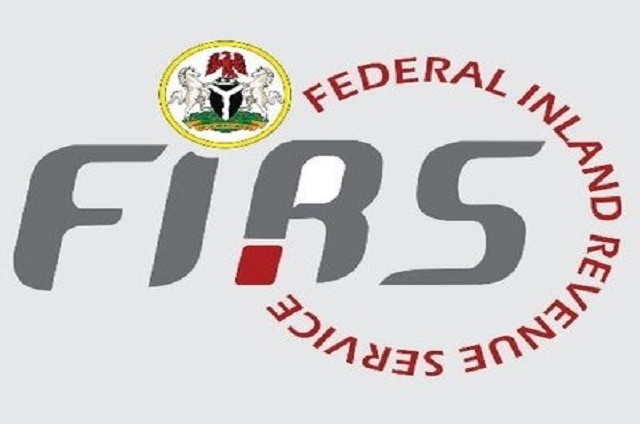Barely two weeks after its national rollout, Nigeria’s newly launched Electronic Fiscal System (EFS) is already gaining traction among large corporations, with at least 1,000 companies (about 20 per cent of the more than 5,000 eligible firms), now live on the platform.
The Federal Inland Revenue Service (FIRS) confirmed that the EFS, anchored on an electronic invoicing framework known as the Merchant-Buyer Model, went live on August 1, 2025, following a pilot phase that began in November 2024.
The first phase targets companies with an annual turnover of ₦5 billion and above, allowing the tax authority real-time access to commercial transactions while ensuring invoice authenticity, accuracy, and completeness.
“MTN Nigeria became the first taxpayer to transmit live electronic invoices to the FIRS, officially ushering in the e-invoicing regime. Huawei Nigeria and IHS Nigeria have also concluded test transmissions and are set to go live in the coming days,” the agency disclosed in a statement by Dare Adekanmbi, Special Adviser on Media to the FIRS Chairman.
The FIRS said the onboarding deadline for large taxpayers has been extended from August 1 to November 1, 2025, to accommodate companies that made genuine efforts but faced operational constraints, and urged remaining firms to seize the window to integrate with the FIRS MBS platform.
In partnership with the National Information Technology Development Agency, the FIRS has enlisted service providers to function as system integrators and access point providers, supporting companies in onboarding, integrating systems, and transmitting invoices.
The project is part of a phased rollout, with medium-sized and emerging businesses expected to join after large firms. It aligns with global best practices and the Nigeria Revenue Services Reform Act’s mandate to enhance revenue assurance, reduce tax evasion, and harmonise reporting.
The EFS launch comes amid President Bola Tinubu’s sweeping tax reform drive aimed at plugging leakages, curbing evasion, and streamlining revenue collection.
Recall that the President had inaugurated the Presidential Committee on Fiscal Policy and Tax Reforms, led by Taiwo Oyedele, to address multiple taxation, poor coordination, and systemic loopholes.
From January 2026, four new laws, including the Nigeria Tax Act and the Tax Administration Act, will come into force. They introduce digital tax registration, stricter reporting requirements, and mandatory disclosure of beneficial ownership to unmask income hidden in shell companies. The laws also target transactions structured primarily for tax advantages, ensuring greater transparency and compliance across the board.
The FIRS said its e-Invoicing Implementation Team will continue stakeholder engagements through webinars, workshops, and town hall meetings to ensure a smooth transition ahead of the November deadline.

